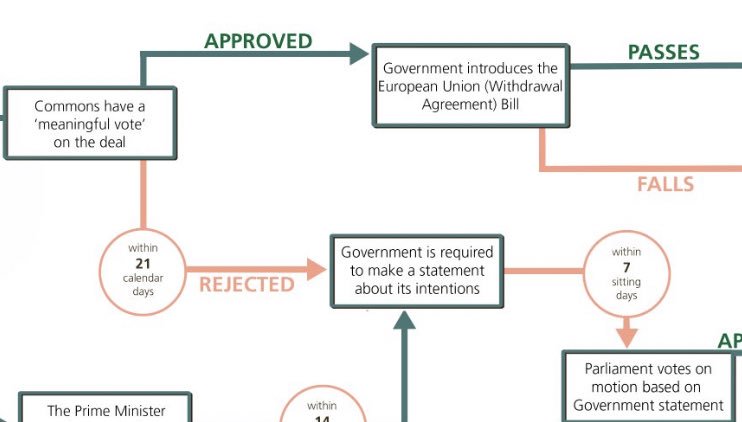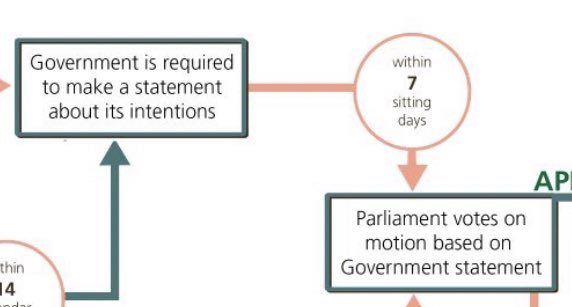Stripe Atlas worked with Human Interest on a comprehensive guide to retirement plans for U.S. companies: stripe.com/atlas/guides/r…
My thoughts:
True. But:
(I mean that entirely literally. Most papers don't carry a multi-billion dollar bounty available to anyone who demonstrates they don't replicate.)
1) Employers are insufficiently attentive to contents of plans
2) Retirement account providers can get kickbacks from mutual funds for steering assets
3) The most expensive funds can afford the largest kickbacks
4) Not "Employee has best possible outcome"







